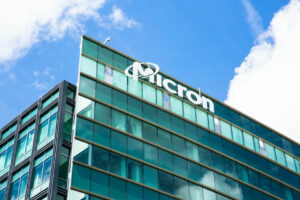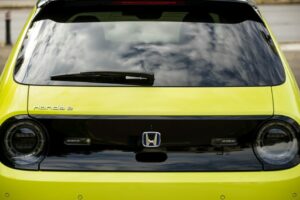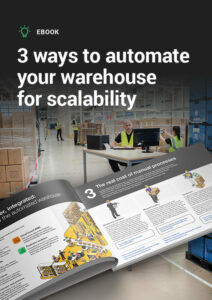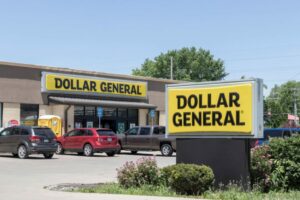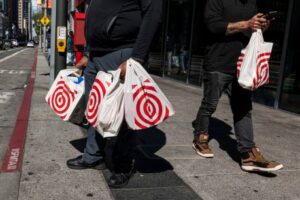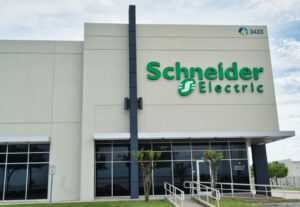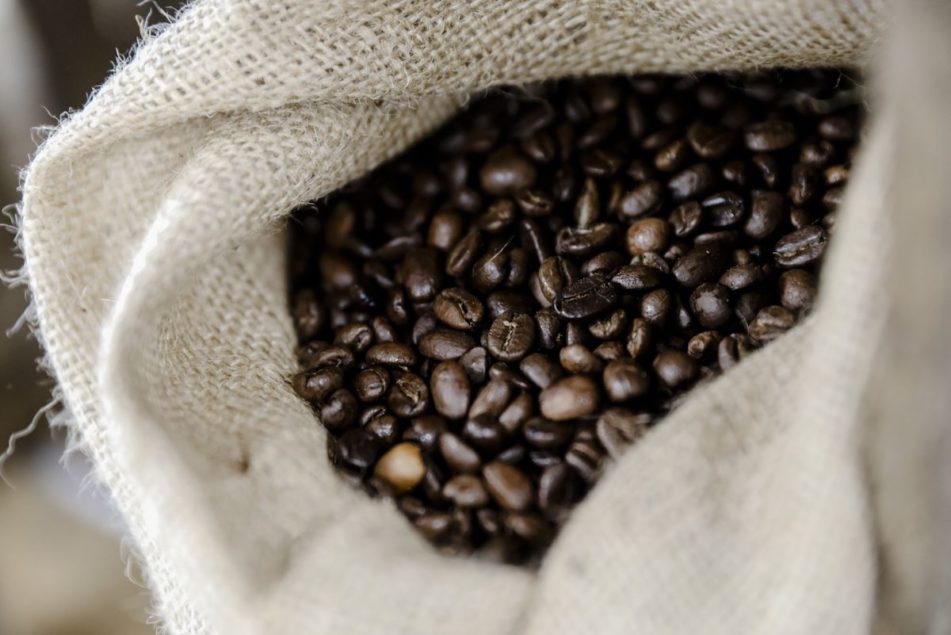
Mercon Coffee Corp., a major global trader, filed for Chapter 11 bankruptcy in New York as supply disruptions, steep price moves and higher borrowing costs throughout the pandemic eroded the firm’s ability to pay its debt on time in full.
The Netherlands-based green coffee supplier listed liabilities of $357 million in its court documents. The bankruptcy filing lets Mercon keep operating while it pursues an “orderly sale of its assets.” The company has listed possessions worth a total of $359 million.
Mercon has fallen victim to a series of events that followed the eruption of the COVID-19 pandemic. In 2021, the company ramped up inventories — and borrowed extra money to fund the endeavor — as part of efforts to mitigate the impact of logistical bottlenecks on coffee deliveries. The trader was eventually left with excess supplies of the commodity, which it sold at a loss. A surge in interest rates and a subsequent slump in coffee prices further weighed down the company.
Chief executive officer Oscar Sevilla said in a December 6 letter to clients seen by Bloomberg News that “the macroeconomic factors working against Mercon have persisted for longer than expected, and lenders have elected not to extend credit agreements, resulting in extremely tight working capital conditions.” He also cited “an exceptionally challenging operating environment” during the past three years.
150-Year-Old Roots
Mercon traces its roots to coffee farms in Nicaragua 150 years ago and has since expanded throughout the supply chain, according to court papers. More recently, it led the production of the robusta-type bean in Nicaragua and offered financing to farmers there.
Read more: Gebrüder Weiss and Atinkana Ship Coffee Beans via Sailing Ships
The fallout from the bankruptcy could have ripple effects on farmers in Central America, where agriculture is a major sector of the economy.
The biggest chunk of Mercon’s liabilities is $202.5 million under a Rabobank-secured credit facility. Mercon said in its bankruptcy petition that its biggest unsecured creditors include a Nicaraguan unit of Banco Lafise SA as well as CrowdOut Capital LLC, London Forfaiting Co. and sustainability-focused investment fund &Green.
Mercon in 2019 became one of the first commodity suppliers in the U.S. to issue a sustainability-linked credit facility, according to court papers. The pricing of the facility was tied to sustainability metrics.
Representatives for Mercon didn’t respond to requests for comment. Rabobank declined to comment.
The case is Mercon Coffee Corp., 23-11945, U.S. Bankruptcy Court for the Southern District of New York (Manhattan).
- SEO Powered Content & PR Distribution. Get Amplified Today.
- PlatoData.Network Vertical Generative Ai. Empower Yourself. Access Here.
- PlatoAiStream. Web3 Intelligence. Knowledge Amplified. Access Here.
- PlatoESG. Carbon, CleanTech, Energy, Environment, Solar, Waste Management. Access Here.
- PlatoHealth. Biotech and Clinical Trials Intelligence. Access Here.
- Source: https://www.supplychainbrain.com/articles/38637-wild-coffee-market-pushes-trader-mercon-into-bankruptcy
- :has
- :is
- :not
- :where
- $UP
- 11
- 150
- 2019
- 2021
- a
- ability
- According
- against
- ago
- agreements
- agriculture
- also
- america
- an
- and
- AS
- Assets
- At
- banco
- Bankruptcy
- Bankruptcy Court
- Bankruptcy Filing
- became
- Biggest
- Bloomberg
- borrowed
- Borrowing
- bottlenecks
- by
- capital
- case
- central
- chain
- challenging
- Chapter
- Chapter 11
- Chapter 11 Bankruptcy
- cited
- clients
- CO
- Coffee
- comment
- commodity
- company
- conditions
- Corp
- Costs
- could
- Court
- COVID-19
- COVID-19 pandemic
- credit
- creditors
- Debt
- December
- Deliveries
- disruptions
- district
- documents
- down
- during
- economy
- effects
- efforts
- elected
- endeavor
- events
- eventually
- exceptionally
- excess
- executive
- Executive Officer
- expanded
- expected
- extend
- extra
- extremely
- Facility
- factors
- Fallen
- fallout
- farmers
- Farms
- filed
- Filing
- financing
- First
- followed
- For
- from
- full
- fund
- further
- Global
- Green
- Have
- he
- higher
- HTTPS
- Impact
- in
- include
- interest
- Interest Rates
- into
- investment
- investment fund
- issue
- IT
- ITS
- jpg
- Keep
- Led
- left
- lenders
- Lets
- letter
- liabilities
- Listed
- LLC
- London
- longer
- loss
- Macroeconomic
- major
- Market
- Metrics
- million
- Mitigate
- money
- more
- moves
- New
- New York
- news
- of
- offered
- Officer
- on
- ONE
- operating
- pandemic
- papers
- part
- past
- Pay
- plato
- Plato Data Intelligence
- PlatoData
- possessions
- price
- Prices
- pricing
- Production
- Pursues
- pushes
- Rates
- recently
- requests
- Respond
- resulting
- Ripple
- roots
- s
- SA
- Said
- sailing
- sale
- sector
- seen
- Series
- ship
- since
- Slump
- sold
- Southern
- Southern District of New York
- subsequent
- supplier
- suppliers
- supplies
- supply
- supply chain
- surge
- Sustainability
- than
- that
- The
- There.
- three
- throughout
- Tied
- time
- to
- Total
- trader
- u.s.
- under
- unit
- unsecured
- via
- Victim
- was
- weiss
- WELL
- which
- while
- Wild
- with
- working
- worth
- years
- york
- zephyrnet


